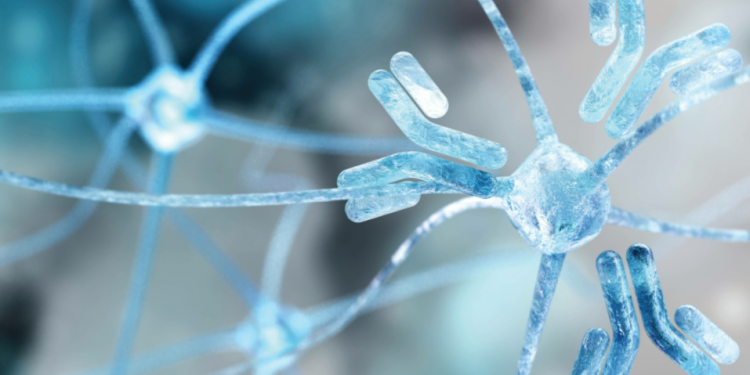By James A. Heuer, PA
Beginning with the basics, the central nervous system (CNS) encompasses both the human brain and spinal cord. The brain is considered the most complex organ in the human body. Of all the oxygen we consume as humans, the brain utilizes 20% (one-fifth) of our total oxygen usage.
The brain consists of approximately 100 billion neurons, each connecting to thousands more. Known as the “information messengers,” neurons use chemical signals and electrical impulses to transmit information from the brain and the rest of the CNS.
The CNS is a “heavy lifter” of responsibilities for the human body. This powerful body system controls our thoughts, movements, and emotions. In addition, the CNS controls our breathing, heart rate, release of hormones, and critical body temperature regulator.
Traumatic brain injuries can be detrimental to the CNS. Neurons are very fragile and a neuron injury can cause the signals from the brain to stop transmitting. This causes lack of muscle control or loss of feeling to the injured area. These nerve injuries can affect the brain, spinal cord, and/or peripheral nerves.
As an attorney, I stress the importance of an individual recovery program/treatment regime because no brain injury or treatment plan covers all TBIs. This is why working with clinicians to develop the most comprehensive program designed exclusively for the injured client is so important.
James A. Heuer, PA, is a personal injury attorney in Minneapolis, Minnesota, helping individuals with a TBI after suffering one himself.











